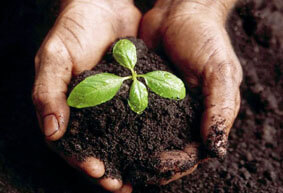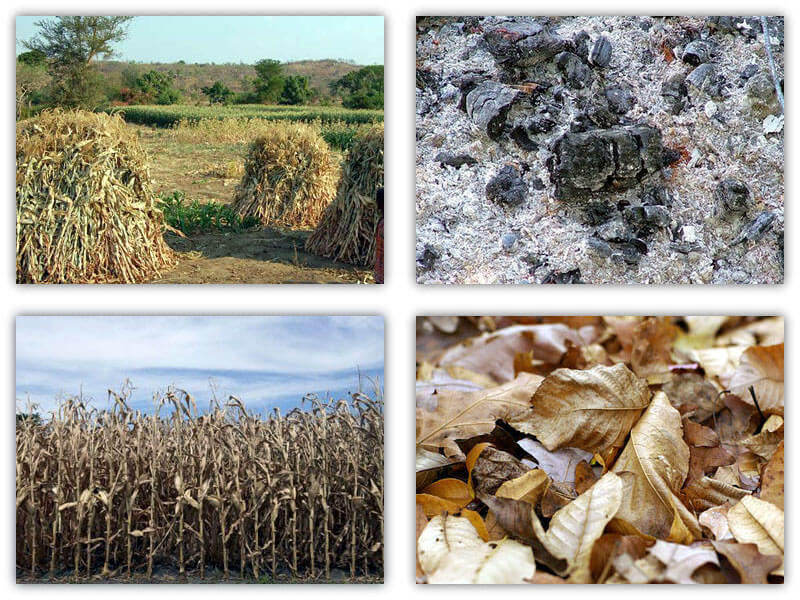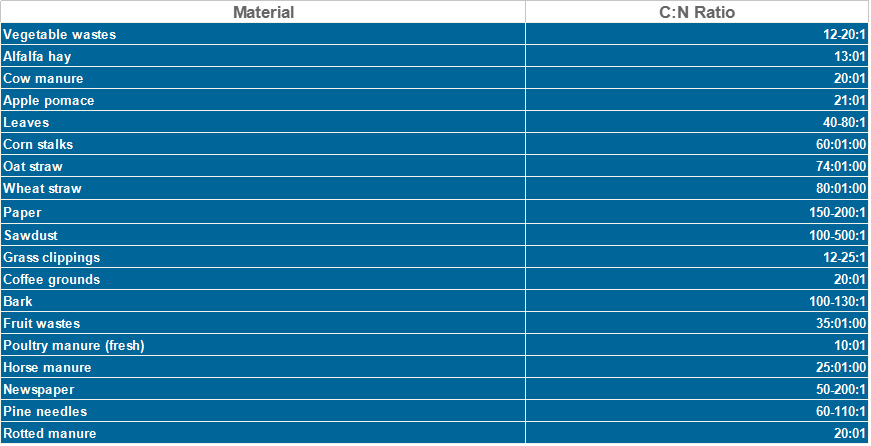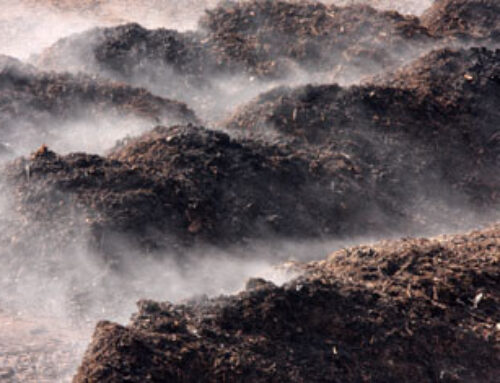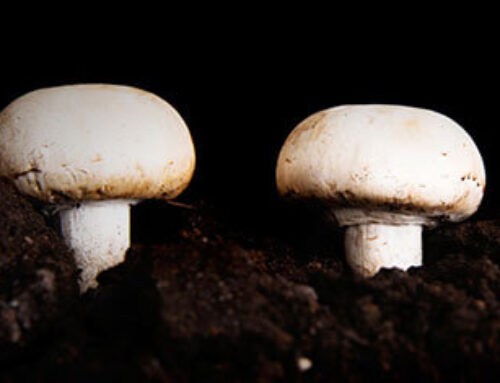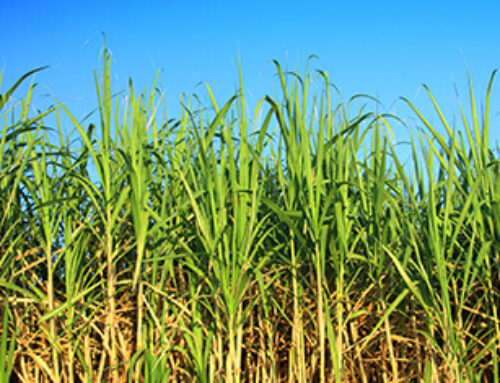All organic material wastes available on a farm, such as straw, vegetable refuse, leaves stalks, stems, fallen leaves, prunings, chaff and fodder leftovers, farmyard manure; crop residues and weeds: maize, bean, broad bean, groundnut, coffee and weeds; agro-industrial wastes, ash and phosphate rock, could be composted into Quality Compost Fertilizer.
WHAT CAN BE COMPOSTED—We can classify the compostable materials into 4 kinds:
- Carbonaceous (carbon-rich) Materials:
Dry leaves, yard trimmings (grass, brush, clean wood waste) woody plant trimmings (shrubs, trees, palm fronds, dead perennial stems, Brussels sprout stalks, dried cornstalks), paper, straw (wheat, oats, rye, barley), sawdust, pine needles, hay, wood chips & twigs, wood ash, wood shavings, coir pith, chopped corn stalks and chopped plant residues, peat moss, shredded newspaper, nutshells.
- Nitrogenous (nitrogen-rich) Materials
Green materials, aged chicken manure, food scraps, vegetable scraps, coffee grounds, grass clippings, fresh weeds, fruit wastes, rotted manure, humus, seaweed, garden plant residues, fresh or dry manure or digested sewage sludge, aquatic weeds, and green manure crops.
- Animal Manure:
Dairy manure, poultry litter, horse manure, animal mortalities; from cows, pigs, poultry, horses, donkeys, ducks, etc.; sewage; Manure from horse stables or bedded manure packs (animal bedding and manure mixture)
Related Reading:
▼Pig Manure Composting Technology
▼ Chicken litter composting technology
- Organic MSW Waste:
All source-separated food scraps (these are meat, foodstuff, fruit, or vegetable residues that decompose rapidly, especially in warm weather), compostable paper, packaging, and service ware (Kraft bags, napkins, towels, certified paper plates, corrugated boxes, milk cartons, waxed corrugated boxed and paper, wooden-only utensils), biodegradable plastics (PLA), slaughterhouse waste, water treatment residuals (water/wastewater bio-solids), charcoal and ash, DAF sludge, fats, cooking oil and grease, sweepings, manures and bedding, hatchery by-products. We have done a detailed analysis on Municipal Solid Waste Composting, and hope this technical article will do you a favor in MSW waste management.
There are so many compostable materials around us every day. They are biodegradable and organic. If properly treated, such as composted by COMPOST TURNER, they can be turned into Treasure and add more economic value.

